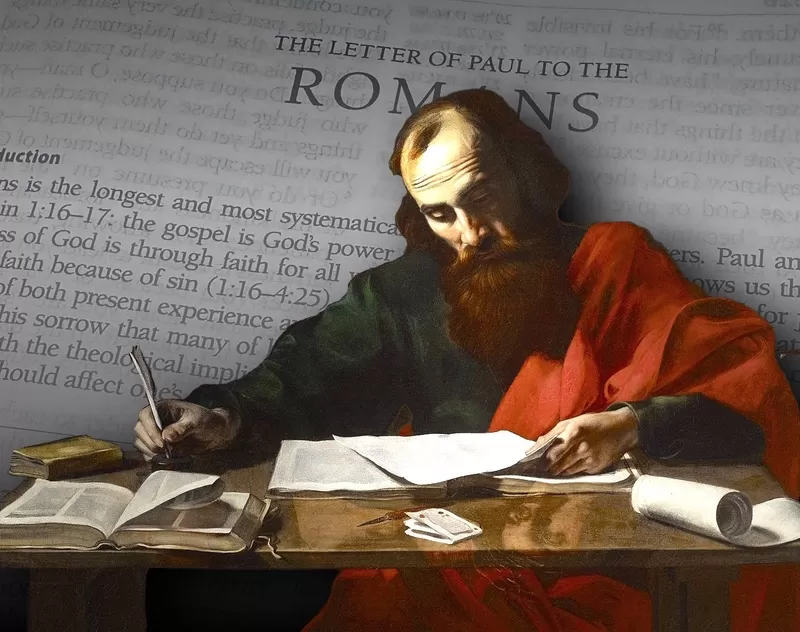How a post-new-perspective, narrative-historical reading of Romans differs from a Reformed reading
In his 2016 NIGTC commentary on Romans, Richard Longenecker provides a summary of what he regards as the key themes that Paul “considered distinctive to his own proclamation of the Christian gospel” (1045-46). They strike me, for the most part, as being expressive of a Reformed outlook. I have quoted the eleven themes in bold below with a brief critique of each point. Then I have set out a quick summary of eleven key issues or arguments that emerge when the letter is read in accordance with a post-new-perspective, narrative-historical hermeneutic.


Recent comments